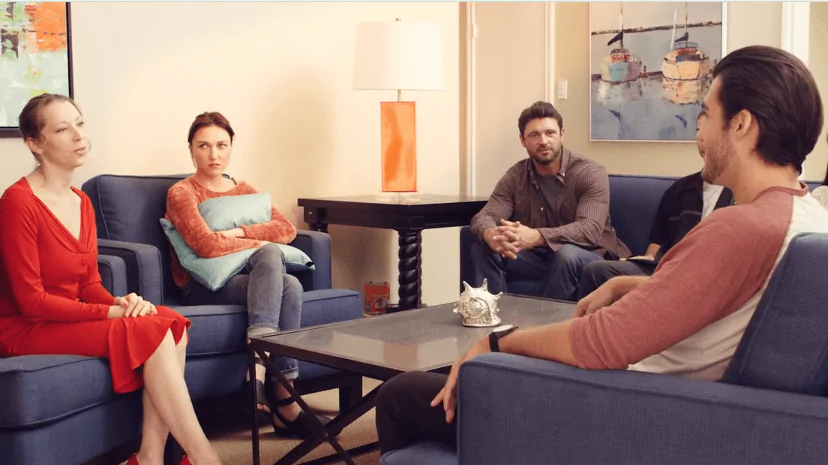24/7 Helpline:
(866) 899-221924/7 Helpline:
(866) 899-2219
Other Insurance Options

PHCS Network

Oxford

Multiplan

Sutter

Aetna

Lucent

CareFirst

American Behavioral

Ceridian

WellCare Health Plans

Premera

UMR

Humana

Health Net

UnitedHealth Group

Self-pay options

ComPsych

CareSource

Optima

MHNNet Behavioral Health

Palmetto Addiction Recovery Center
Palmetto Addiction Recovery Center is an accredited addiction treatment center in Rayville, Louisian...

Rayville Recovery
Rayville Recovery provides affordable drug and alcohol detox and rehabilitation options to residents...











Northeast Substance Abuse
Northeast Substance Abuse is a private rehab located in Rayville, Louisiana. Northeast Substance Abu...

















































